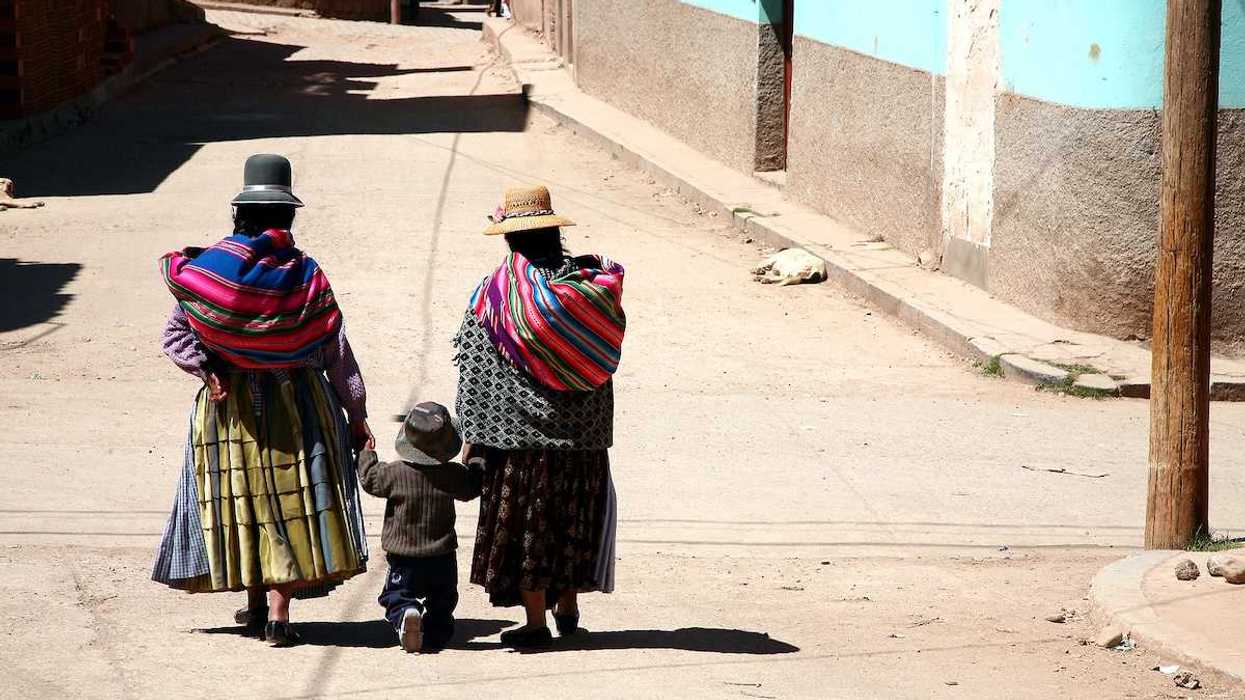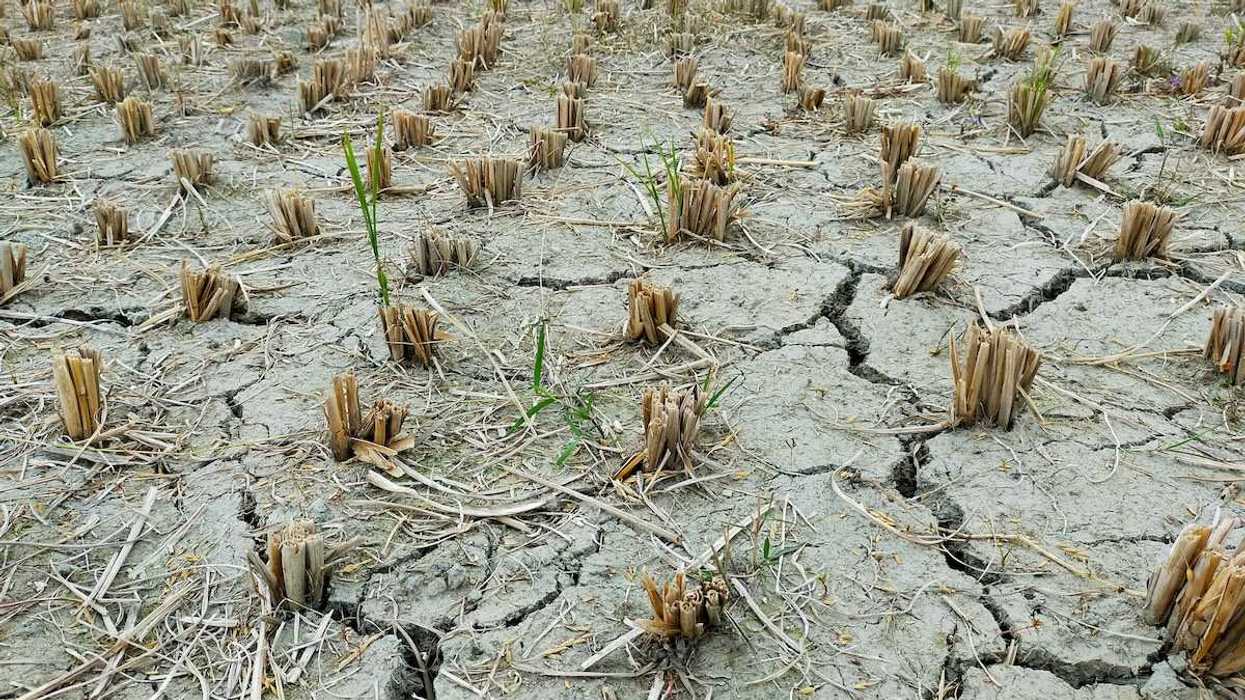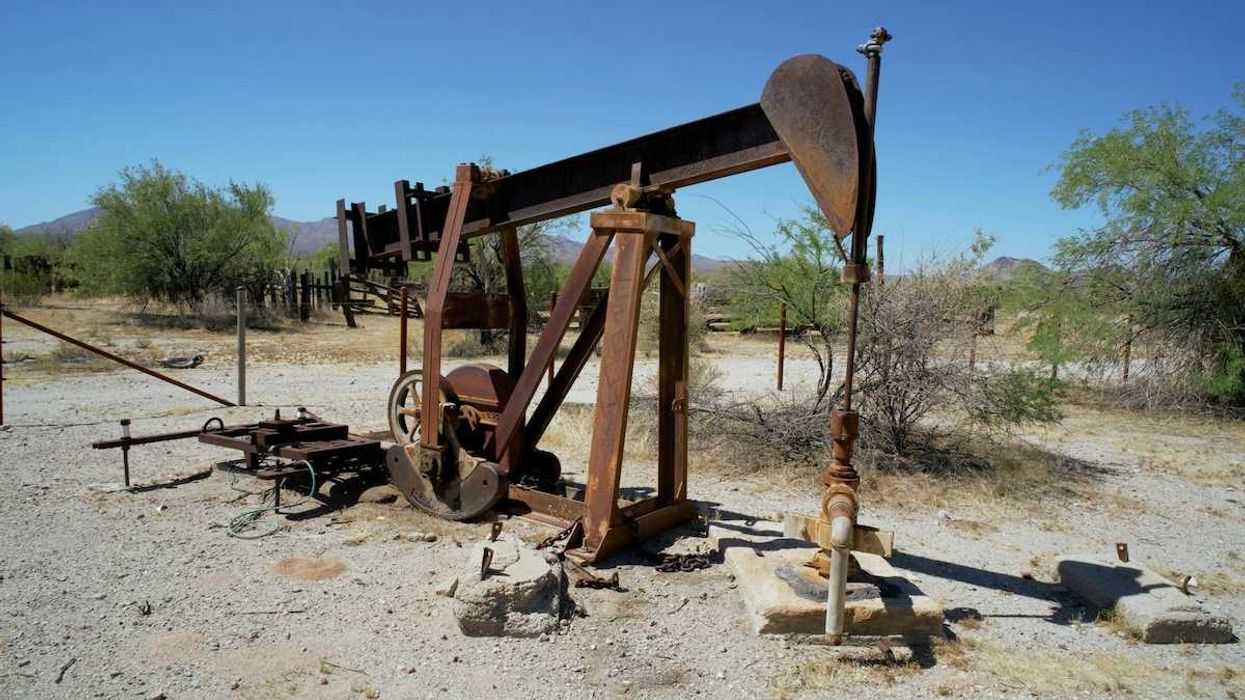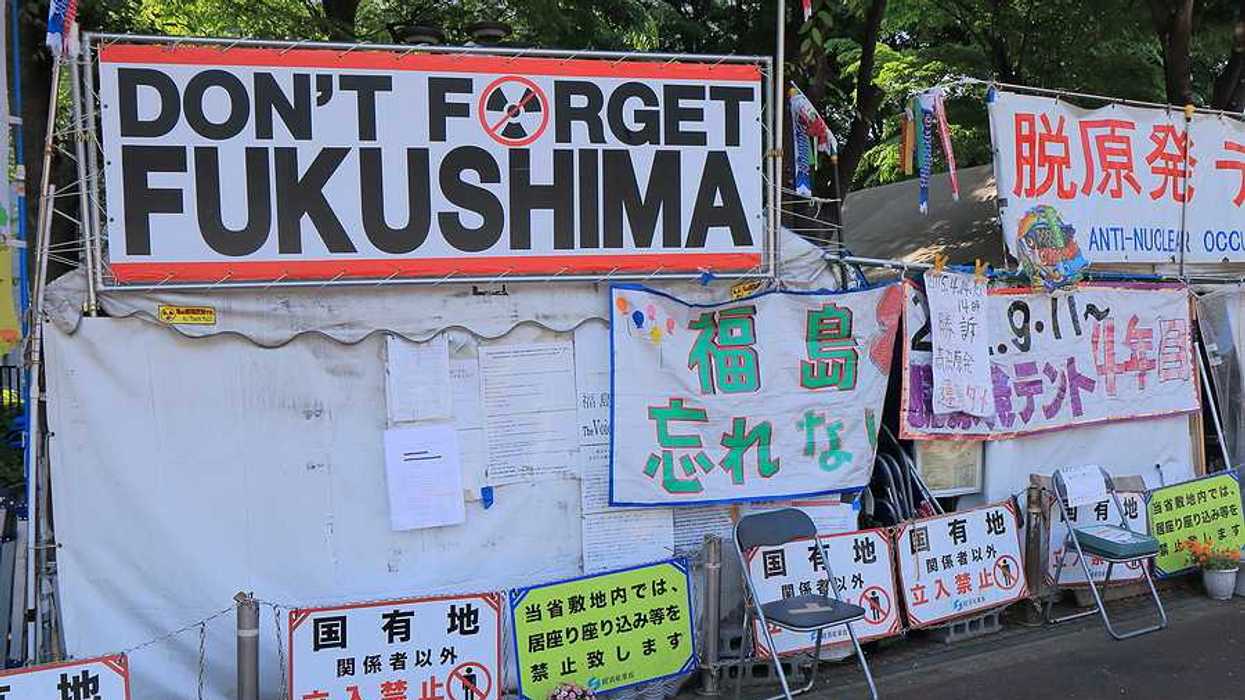As Japan nears the 13th anniversary of the Fukushima nuclear disaster, efforts to understand and clean the site's radioactive debris are intensifying.
Mari Yamaguchi reports for The Associated Press.
In short:
- A significant focus of the Fukushima Daiichi cleanup involves extracting melted fuel debris from the reactors, an effort full of uncertainties.
- Akira Ono, the project's head, emphasizes the importance of securing a sample from the reactors to advance the decommissioning process.
- Despite challenges and delays, advancements in technology and strategic planning are gradually unfolding, marking small victories in the long cleanup journey.
Key quote:
"We have achieved a number of things, but we still have a lot of thinking to do to tackle the unprecedented task of removing melted fuel."
— Akira Ono, head of decommissioning for Tokyo Electric Power Company Holdings
Why this matters:
One of the most challenging aspects of the cleanup is dealing with the radioactive water that has accumulated at the site. Despite efforts to contain and treat it, groundwater continues to seep into the reactor buildings, mixing with highly radioactive water used to cool the fuel cores. TEPCO has implemented a system to treat this water, reducing radioactive elements to levels considered safe, but the storage capacity for treated water is nearing its limit.
In Pennsylvania, poor recordkeeping on hazardous waste disposal points to potential for bigger problems.














